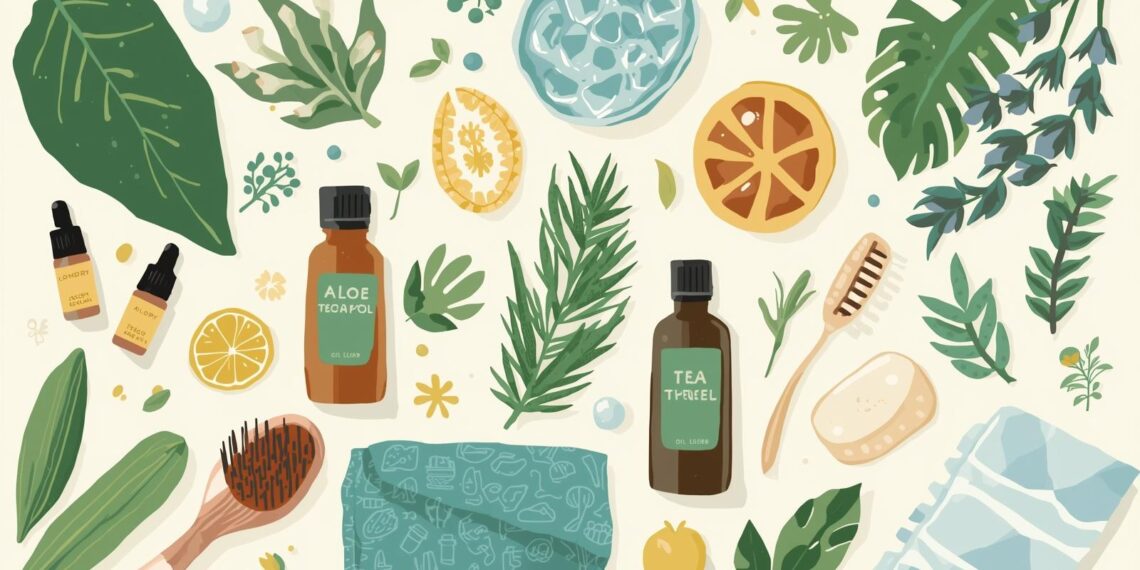In an era where wellness and hygiene are increasingly prioritized, the use of antibacterial soap has become a common practice. However, recent discussions have raised questions about its necessity and potential drawbacks. As a perceptive analyst of contemporary lifestyle trends, I invite you to explore alternatives to antibacterial soap that align with the evolving dynamics of wellness and consumer behavior.
Antibacterial soap is designed to kill bacteria and is often used in settings like hospitals and before surgical procedures. The active ingredients, such as triclosan and triclocarban, are what set these soaps apart from regular soap. But is antibacterial soap necessary for everyday use?
While antibacterial soaps are effective against bacteria, they are not proven to be more effective than regular soap and water in everyday use. Moreover, overuse of antibacterial products may contribute to antibiotic resistance and potentially impact hormone regulation, raising concerns about long-term health implications.
In response to these concerns, many consumers are exploring natural alternatives that align with a holistic approach to wellness. These alternatives promote cleanliness without the drawbacks associated with antibacterial products.
Good old-fashioned soap and water remain a reliable alternative. The mechanical action of washing hands with soap and water effectively removes germs and dirt. This simple practice is often sufficient for maintaining hygiene in non-medical settings.
Castile soap is a versatile, plant-based soap that is gentle on the skin and the environment. Made from olive oil or other vegetable oils, it is free from synthetic ingredients and harsh chemicals. This makes Castile soap an excellent choice for those seeking a natural, effective cleansing option.
Certain essential oils, such as tea tree, eucalyptus, and lavender, possess natural antibacterial properties. These can be added to homemade soaps or cleaning solutions to enhance their effectiveness. Essential oils not only provide antibacterial benefits but also offer aromatic and therapeutic qualities.
Alcohol-based hand sanitizers with at least 60% alcohol content are effective in killing germs when soap and water are not available. They serve as a convenient alternative, particularly in situations where handwashing facilities are inaccessible.
The shift away from antibacterial soaps reflects broader trends in consumer behavior and wellness. As people become more health-conscious and environmentally aware, there is a growing demand for products that align with these values.

For wellness product developers, this shift presents an opportunity to innovate and create products that cater to the demand for natural and sustainable hygiene solutions. By leveraging consumer insights and industry data, developers can design products that resonate with contemporary lifestyle trends and meet consumer needs.
This transition also highlights the evolving intersection between wellness, identity, and social practices. As individuals seek products that reflect their values and support their well-being, there is an opportunity for lifestyle brands and media to engage audiences with content that explores these connections.
For health and wellness coaches, understanding these trends is crucial in crafting strategies that enhance clients’ well-being. By incorporating natural alternatives into wellness routines, coaches can offer tailored advice that aligns with cultural and economic shifts.
Educating clients about the benefits of natural alternatives empowers them to make informed choices about their hygiene practices. By highlighting the effectiveness of regular soap and water, the versatility of Castile soap, and the potential of essential oils, coaches can guide clients towards a more holistic approach to cleanliness.
By staying attuned to the latest wellness trends, coaches can ensure their advice remains relevant and impactful. This involves not only understanding the science behind hygiene practices but also recognizing the broader cultural and economic forces at play.
As we navigate the complexities of modern wellness, the exploration of alternatives to antibacterial soap offers valuable insights into consumer behavior and cultural trends. By embracing natural, sustainable options, we can promote cleanliness while supporting broader wellness goals. For product developers, editors, and coaches alike, this represents an exciting opportunity to innovate and lead in the ever-evolving landscape of wellness.
In the end, the journey towards a healthier, more sustainable future is one that we all share. By making informed choices and embracing alternatives, we can contribute to a world where wellness and hygiene go hand in hand with environmental and personal well-being.




